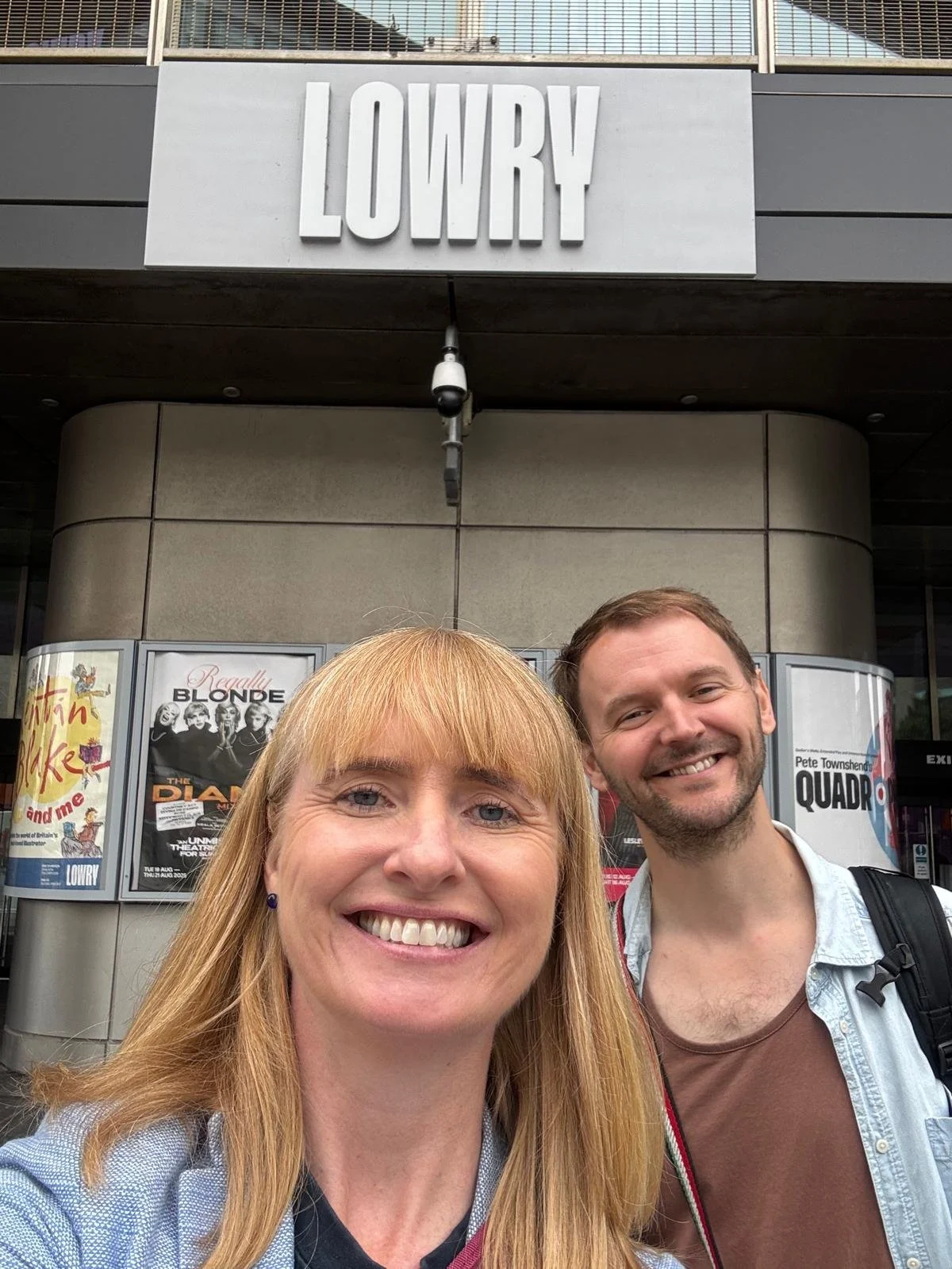The Lowry – mentoring programme for senior leaders
Long-term outcomes
91% of mentors said they wanted to continue mentoring, creating momentum beyond the life of the programme. The initiative has not only boosted confidence and career clarity for individuals but also strengthened cross-departmental relationships and pride in the organisation.
By investing in mentoring at the top level, The Lowry has shown that it is a workplace where leaders grow, colleagues are supported, and long-term cultural change takes root.
The Lowry is a leading arts organisation in Greater Manchester, showcasing world-class theatre and galleries while investing in community engagement.
The challenge
Staff feedback highlighted a need for more professional development and career support. The Lowry’s senior leadership team wanted to respond in a meaningful way, equipping leaders with the tools to mentor effectively, while also signalling that the organisation values its people and their growth.
Our approach
On The Level designed and delivered a six-month mentoring programme for The Lowry’s senior leadership team, built around four tailored training sessions:
An introduction to mentoring
Wrapping up positively
Building for success
Evaluating the success of the programme
The programme combined practical tools (handouts, workbooks, online content) with time for reflection, role-play and peer learning. Leaders were encouraged to practise mentoring techniques — listening, questioning, providing constructive feedback — and to consider how best to support colleagues’ confidence, skills and career ambitions.
The Impact
Confidence and career growth: Mentees described the programme as a turning point: “My confidence in myself and my value and contribution to others increased as a result of taking part.” Others gained new opportunities such as joining the ACCESS group, or clarity about future career moves.
Leadership development: Mentors grew in confidence too. One reflected: “I realised I do have useful information and experiences to share.” Another described it as “a rewarding experience which I think we both enjoyed.”
Cultural impact: Perhaps most importantly, the programme improved how leaders themselves felt about The Lowry as an employer. Participants said their opinion of the organisation and its culture had increased, praising its commitment to invest in staff. Several noted a “buzz around the building” and that more colleagues now wanted to be mentored. One senior leader described it as “a great opportunity for management to focus on their own development whilst also helping others.”


